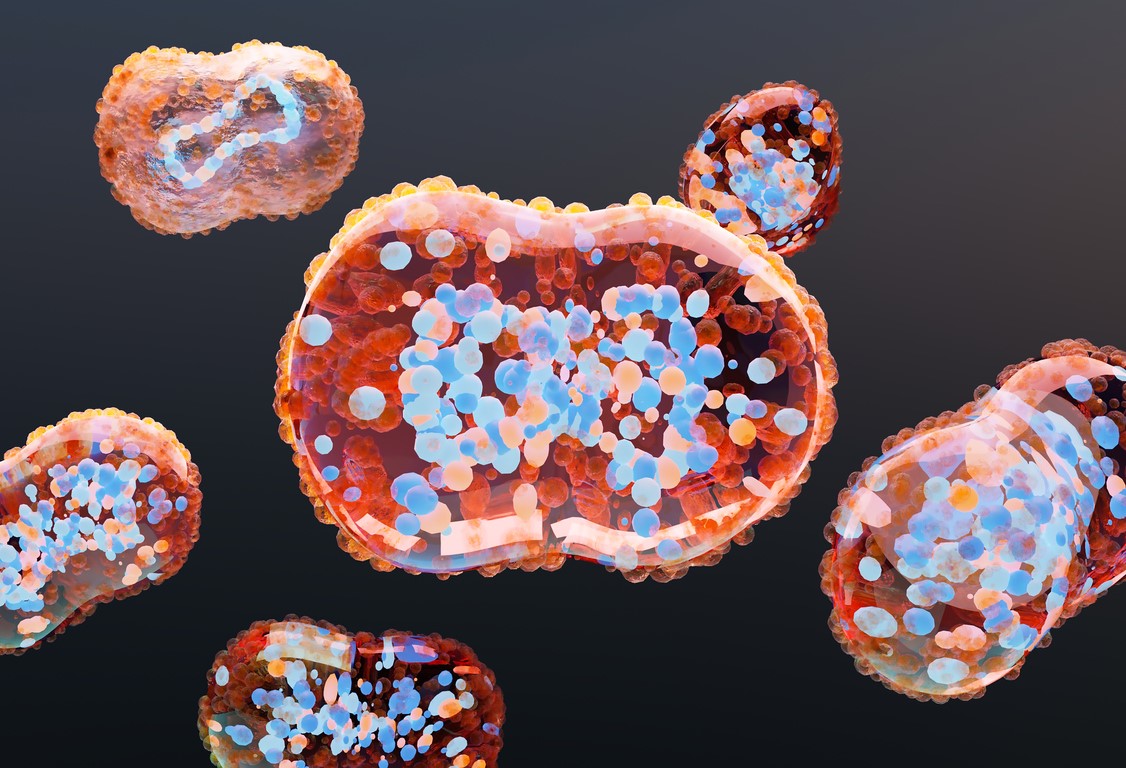Less than 6 hours of sleep a night in the days before and after flu and hepatitis A and B vaccination was associated with a lower immune response, according to a review and meta-analysis published yesterday in Current Biology.
To summarize the evidence regarding the amount of sleep obtained in the days surrounding vaccination and antibody response, an international team of researchers reviewed 165 studies, 7 of which were included in the meta-analysis. The association between self-reported short sleep (less than 6 hours a night) and reduced vaccine response did not reach the researchers' pre-defined statistical significance criteria, but among the studies that objectively measured sleep duration (using wearable activity trackers or measuring sleep in the lab), the analysis found a robust decrease in antibody response (304 participants, ages 18 to 60; overall pooled effect size [ES], 0.79; 95% confidence interval [CI], 0.40 to 1.81).
The pooled ES was large in men (ES, 0.93; 95% CI, 0.54 to 1.33) but did not reach significance in women (ES, 0.42; 95% CI, –0.49 to 1.32).
"The link between sleep and vaccine effectiveness could be a major concern for people with irregular work schedules, especially for shift workers who typically have reduced sleep duration," senior study author and University of Chicago Professor Emeritus of Medicine Eve Van Cauter, PhD, said in a university press release. But she noted that for others it's a modifiable behavior that can be adjusted around the time of the appointment.
The link between sleep and vaccine effectiveness could be a major concern for people with irregular work schedules.
"This is something people should consider planning around, to ensure that they are getting enough sleep in the week before and after their vaccines," she said.
Although the meta-analysis did not include data examining lack of sleep and immune response to COVID-19 vaccines, the researchers estimated that the ES for objectively measured short sleep (0.79) was identical to the estimated ES of the waning of the immune response 2 months after the Pfizer-BioNTech COVID-19 vaccine.
Van Cauter and her colleagues say they hope the results will spur further research into the phenomenon.
 Estimated vaccine effectiveness (VE) of a single dose of the Jynneos attenuated smallpox/mpox vaccine against symptomatic mpox infection was 78% at least 14 days later, according to a
Estimated vaccine effectiveness (VE) of a single dose of the Jynneos attenuated smallpox/mpox vaccine against symptomatic mpox infection was 78% at least 14 days later, according to a 







